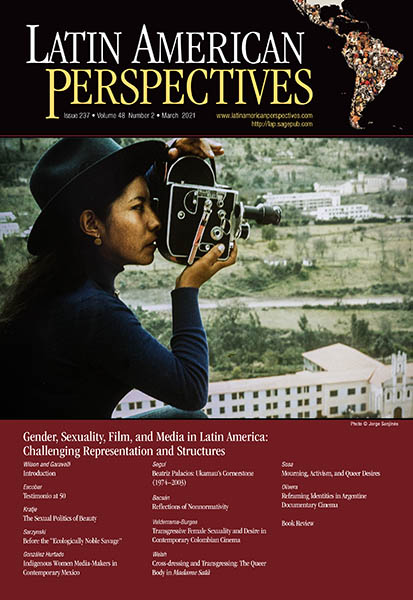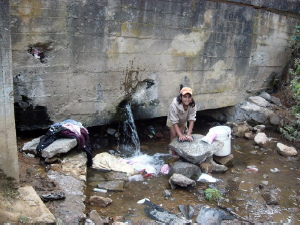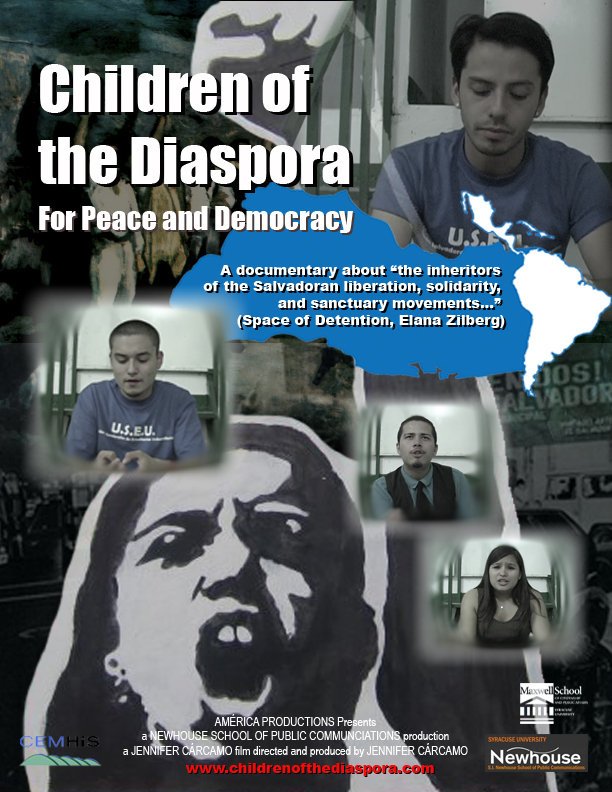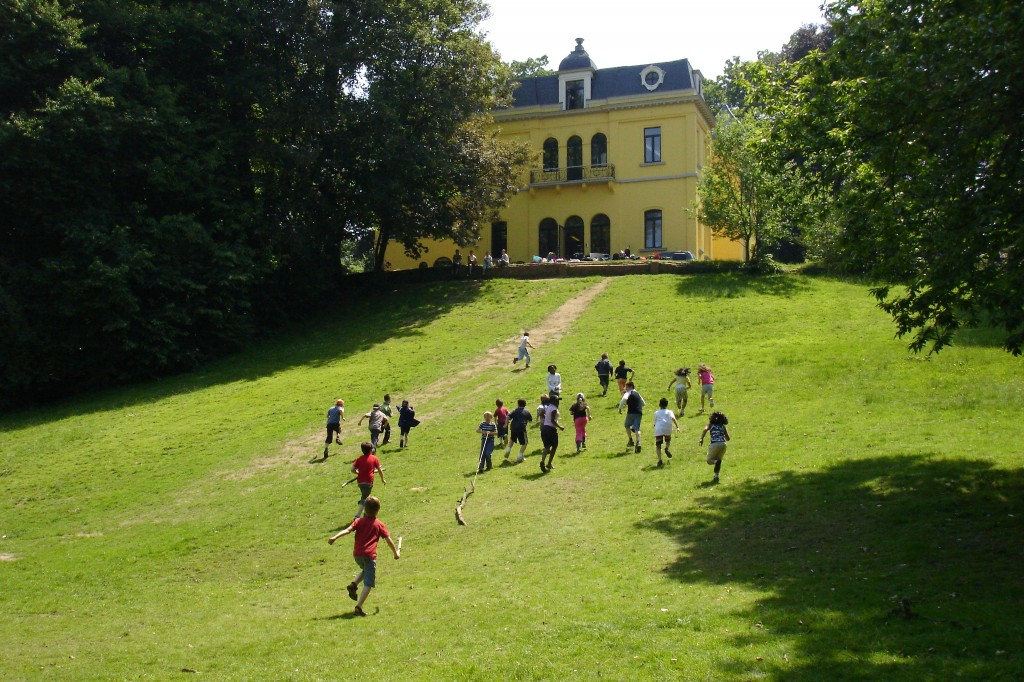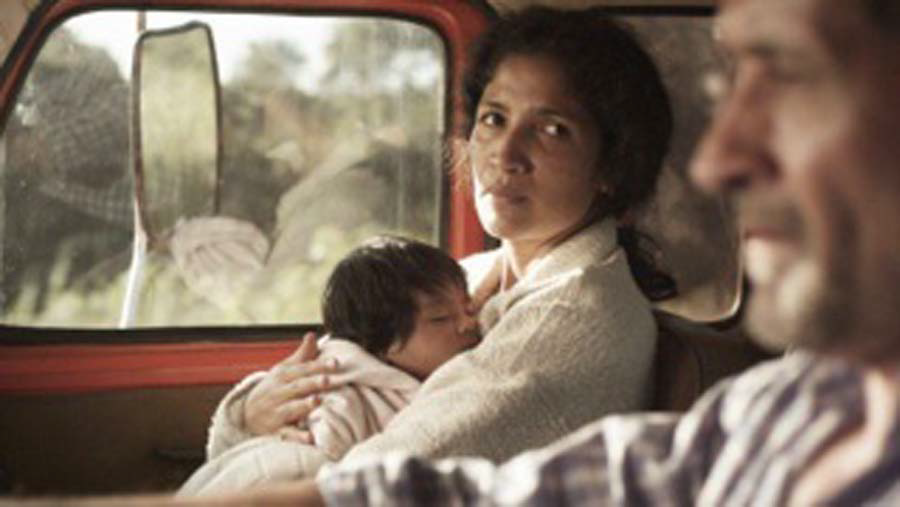Gender, Sexuality, Film, and Media in Latin America: Challenging Representation and Structures
March 2021 Issue Editors: Kristi M. Wilson and Clara Garavelli This special issue of LAP engages the often under-recognized role of Latin American women and queer film/video-makers, as well as the cultural impact of gender and sexuality norms on film and other media. Contributors in this issue explore what it means to gaze back (cinematically) at Latin American history. The essays address such themes as: increasing inequality, environmental degradation, decoloniality, indigeneity, activism, gender politics and queer narratives. TABLE OF CONTENTS | PURCHASE THIS ISSUE [/fusion_builder_column][/fusion_builder_row][/fusion_builder_container]


